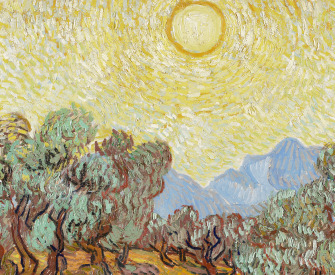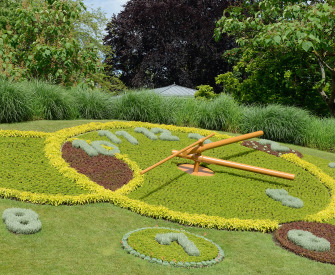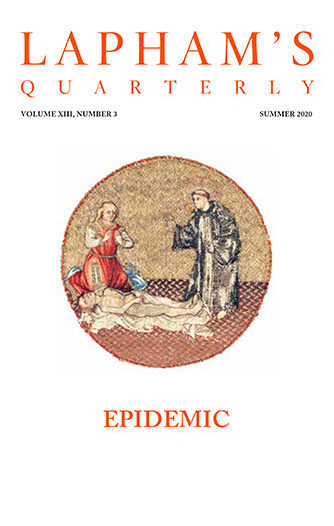After having diligently searched out the incredible power of nature working in subterraneous burrows and passages, I had a great desire to know whether Vesuvius also had not some secret commerce and correspondence with Stromboli and Etna, in so powerful a war and strife of nature as I had experienced before.
Hence—hiring an honest countryman for a true and skillful companion and guide of the ways, not without indeed an ample reward—I ascended the mountain at midnight through difficult, rough, uneven, and steep passages. When I had arrived at the crater or mouth, I saw what is horrible to be expressed; I saw all over a light fire, with a horrible combustion and stench of sulfur and burning bitumen. Here, then, being astonished at the unusual sight of the thing, I thought I beheld the habitation of hell, where nothing else seemed to be much wanting besides the horrid phantasms and apparitions of devils. There were perceived horrible bellowings and roarings of the mountain, an inexpressible stink, and smoke mixed with darkish globes of fire, which both the bottom and sides of the mountain continually belched forth out of eleven different places and made me in like manner belch and, as it were, vomit back again at it. O, the depth of the riches of the wisdom and knowledge of God! How incomprehensible are your ways! If you show your power against the wickedness of mankind in such formidable and portentous prodigies and omens of nature, what shall it be on that last day, when the earth shall be drowned with the ire of your fury and the elements melt with fervent heat? With all the diligence I could—the morning waxing light, so that I might search out the constitution of the whole interior of the mountain—I chose a safe and secure place to set my feet upon: a huge rock, of a plain surface, to which there lay open an avenue, by a very far descent of the mountain. And so I went down to it. Here, taking forth my pantometer, I set upon the dimensions of the mountain and found, by a geometrical computation, the compass of the crater to contain almost three hundred paces but the depth eight hundred. The mountain, all up-and-down everywhere, was cragged and broken. In the center of the bottom, nature seemed to have constituted, as it were, her hearth of fire, a shop or workhouse to make a Vulcanian kitchen, boiling with an everlasting gushing forth and streamings of smoke and flames; employed in decocting sulfur, bitumen, and melting and burning other kinds of minerals; and by a certain secret endeavor and enterprise, preparing for deadly ruins and slaughters afterward to be committed. Then the vapors within, as they know not how to be contained, scattered the burden that lay upon them with such great force and violence, accompanied with horrible cracklings and noises, that the mountain seemed to be tossed with an earthquake or trembling. Whenever this happened, the supreme and softer parts of the mountain—which clung together ashes, cinders, rain, and other refuse of minerals, being shook in pieces and loosened by the trembling, and so falling like hills into the bottom of the hellish gulf—did from that various reflection of the sound stir up that crackling noise, so great and fearful a one as that any, even of the stoutest and most undaunted heart, would scarce venture to suffer.
From The Subterranean World. In December 1631 an eruption began at Vesuvius that caused a caldera collapse and a tsunami, destroyed farms, and killed up to six thousand people; it was the deadliest eruption there since 79. Several years later, the volcano was still rumbling when Kircher, a Jesuit priest and mathematics professor, came to visit. Kircher descended into the active volcano to record his observations, and between 1664 and 1678 he published his accounts of Vesuvius as well as of Mount Etna and Stromboli, concluding that the planet had a heat source at its center.
Back to Issue



